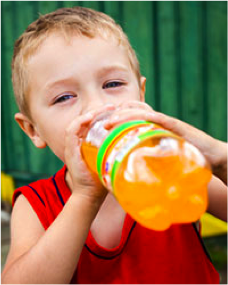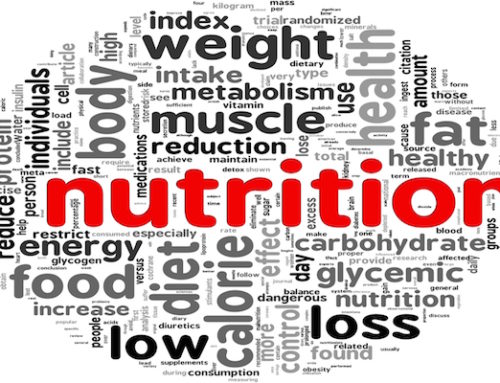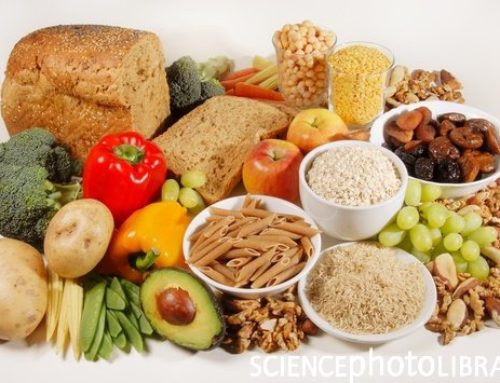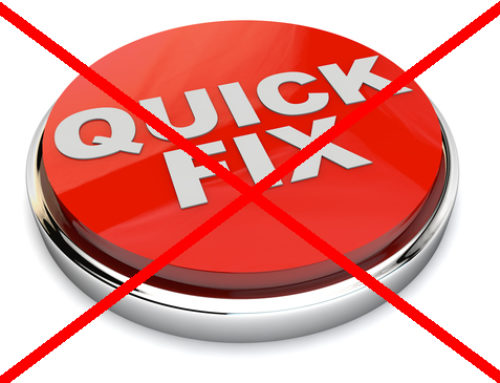 Although soft drink consumption is associated with aggression, depression, and suicidal thoughts in adolescents, the relationship has not previously been evaluated in younger children. A new study scheduled for publication in The Journal of Pediatrics found that aggression, attention problems and withdrawal behaviour are all associated with soft drink consumption in young children.
Although soft drink consumption is associated with aggression, depression, and suicidal thoughts in adolescents, the relationship has not previously been evaluated in younger children. A new study scheduled for publication in The Journal of Pediatrics found that aggression, attention problems and withdrawal behaviour are all associated with soft drink consumption in young children.
Shakira Suglia, ScD, and colleagues from Columbia University’s Mailman School of Public Health, University of Vermont, and Harvard School of Public Health assessed approximately 3,000 5-year-old children enrolled in the Fragile Families and Child Wellbeing Study, a prospective birth cohort that follows mother-child pairs from 20 large US cities. Mothers reported their child’s soft drink consumption and completed the Child Behaviour Checklist based on their child’s behaviour during the previous two months.
The researchers found that 43 per cent of the children consumed at least one serving of soft drinks per day, and 4 per cent consumed four or more serves.
Aggression, withdrawal, and attention problems were associated with soda consumption. Even after adjusting for sociodemographic factors, maternal depression, intimate partner violence, and paternal incarceration, any soft drink consumption was associated with increased aggressive behaviour. Children who drank four or more soft drinks per day were more than twice as likely to destroy things belonging to others, get into fights, and physically attack people. They also had increased attention problems and withdrawal behaviour compared with those who did not consume soft drinks.
According to Dr Suglia, ‘We found that the child’s aggressive behaviour score increased with every increase in soft drinks servings per day.’ Although this study cannot identify the exact nature of the association between soft drink consumption and problem behaviours, limiting or eliminating a child’s soft drink consumption may reduce behavioural problems.
Source: Elsevier




